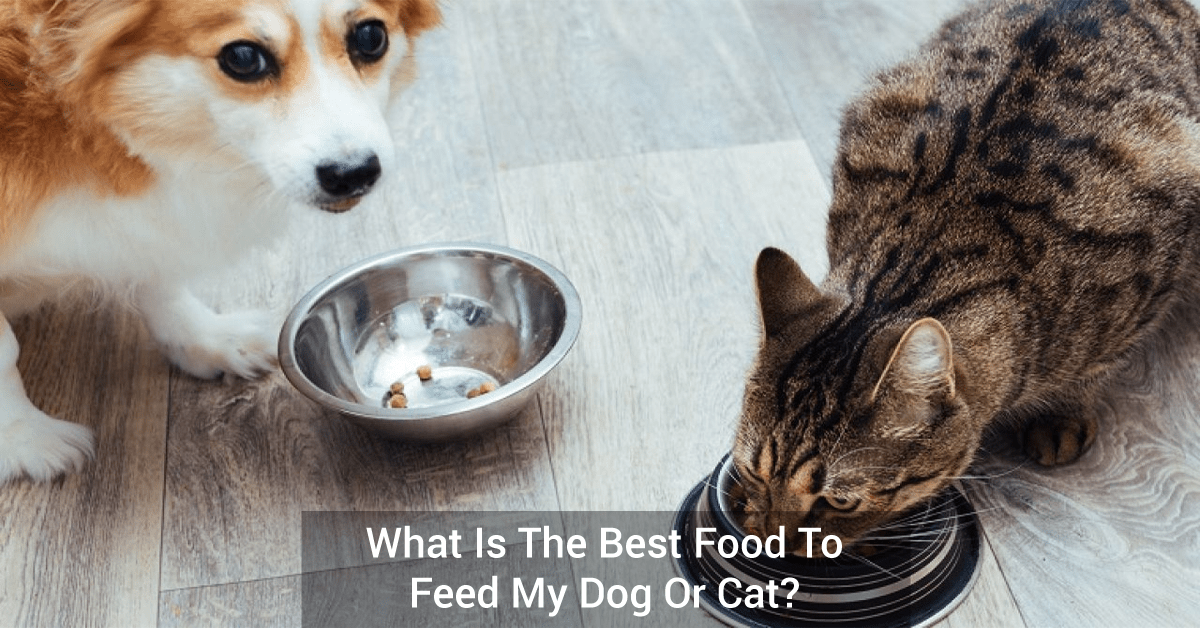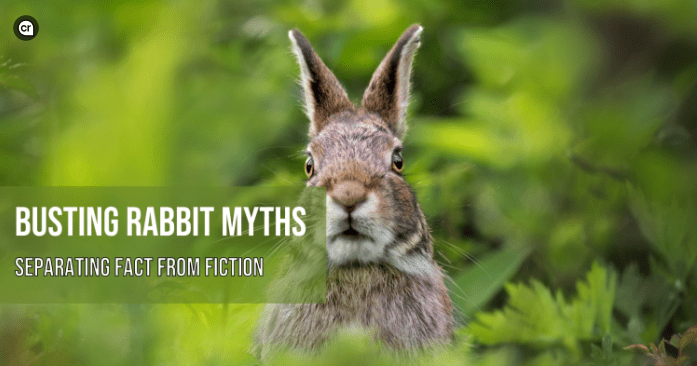Choosing the best foods for your pet might be a bit tricky, but no more! This article throws light on the foods to feed your furry friend.
If you have a pet, it is normal for you to be concerned about your pet food. There are various potential rights for dogs and cats, but it can be challenging to determine which is the best for your four-legged furry friend.
To help you make a wise decision, we, MyFurries, have jotted down a few things for you to keep in mind when deciding what to feed your pet.
What do pets eat?
It is essential to remember all pets are individuals. Domesticated pets are normally carnivorous and consume some omnivorous foods also. Here are some key takeaways:
● A balanced and healthy diet is essential when it comes to a happy and
healthy pet.
● A healthy diet will provide your pet with sufficient energy for his daily
activities, and it is also essential for accurate brain function.
● A proper diet is needed for your pets during their early stages of
development.
● One of the essential things to keep in mind about feeding your pet is to
continue feeding them by life stages.
● Cats and dogs need proper nutrition at various stages of their life. For
instance, at around 12 weeks of age, they will need 3 meals per day.
● It is acceptable to feed your pet a pure kibble diet. You can mix up their diet
with some cooked or raw rice, vegetables, fish and meat.
● Pick human grade meat as some contain preservatives that can be bad for
your dog’s or cat’s health.
● Make sure to practice impeccable food hygiene as the risk of both you and
your pet getting a food borne infection is high.
● Various products are not properly balanced for medical conditions or life
stages. Make sure to consult a veterinary nutritionist for formulating the diet
for your pet.
How Much Food Is Needed?
The amount of food for your pet will largely depend on the breed, age and size. The key to making sure that you do not underfeed or feed your pet is assessing their nutrition and condition of overall health and body. Here are some key takeaways:
● Make sure that your pet is well hydrated. This ensures that their water bowl
remains filled every time and is changed regularly.
● When assessing the size and weight of your pet, ensure looking at their body
shape as compared to the weight.
● Raw diets are not at all recommended for very young cats and dogs as it not
have their immune system developed to cope up with the bacterial load.
● Puppies and kittens come with high nutritional demand and they cannot go
long without food. It is pretty essential to feed small meals daily.
Foods to Keep Out of Reach
When it comes to feeding your pets, not everything you eat may be safe for them. MyFurries doesn’t at all recommend these foods. It is essential to keep in mind that while this list does not happen to be comprehensive, these are some of the most common household foods that you will need to keep out of reach of your pets.
● Onions and garlic: Onions are toxic to dogs. These lead to oxidative damage
to their red blood cells leading them to rupture causing anaemia.
● Milk and dairy products: Cats and their products do not go hand in hand. It is
a misconception that kittens like drinking milk or cream. Maximum cats are
generally lactose intolerant, meaning that dairy products can cause
vomiting, diarrhoea or upset their stomachs.
● Chocolate: While dogs love the aroma of chocolate, it can be harmful to them
and you should never feed them chocolate.
● Fatty foods: If you look for maintaining a healthy weight of your pet, make
sure to avoid fatty and sweet foods. They can also lead to diseases like
pancreatitis.
● Citrus fruits: You should never feed citrus fruits to your pets as it can lead to
diarrhoea due to the citric acid found in fruits. This can lead to vomiting and,
in the worst-case scenario, the depression of the central nervous system.● Bread and yeast: Cats can sometimes consume bread occasionally, but it
holds no nutritional value. So, it is better to replace it with a normal cat food
diet.
● Tuna: Cats may enjoy tuna, but you should only consider giving it to them as
occasional treats. Tuna fish lacks numerous nutrients and cats need to stay
healthy and too much might lead to Mercury poisoning.
Wrapping Up
If your pet snacks on something it should not, pet insurance is something that can make sure to get professional help along with financial help. Reach out to MyFurries for the best guidance related to animal health from registered veterinarians. If you come across pet lovers who will need these tips, make sure to share this article on social media with them. For more pet-related tips in your inbox, make sure to subscribe to our newsletter today.



